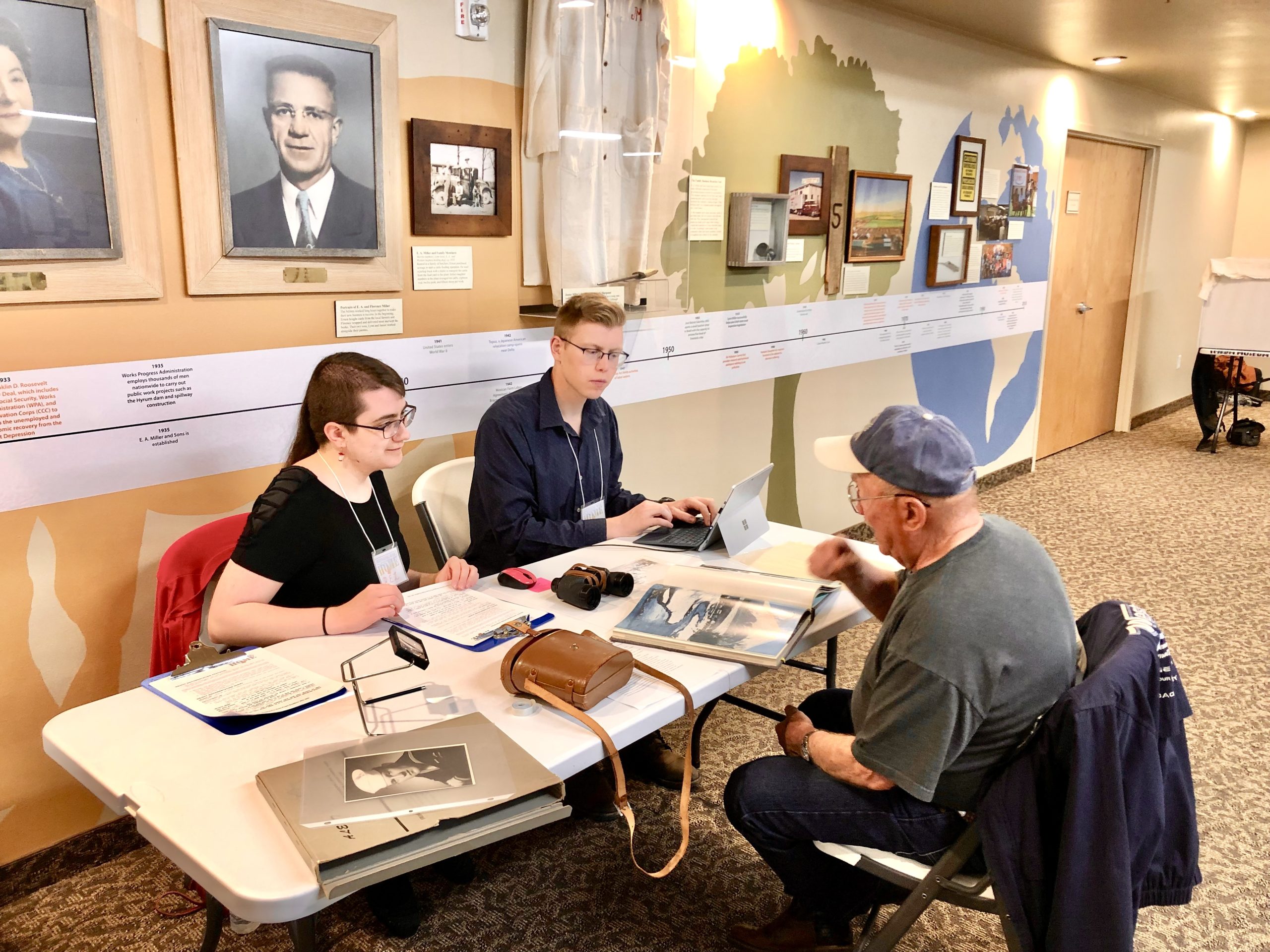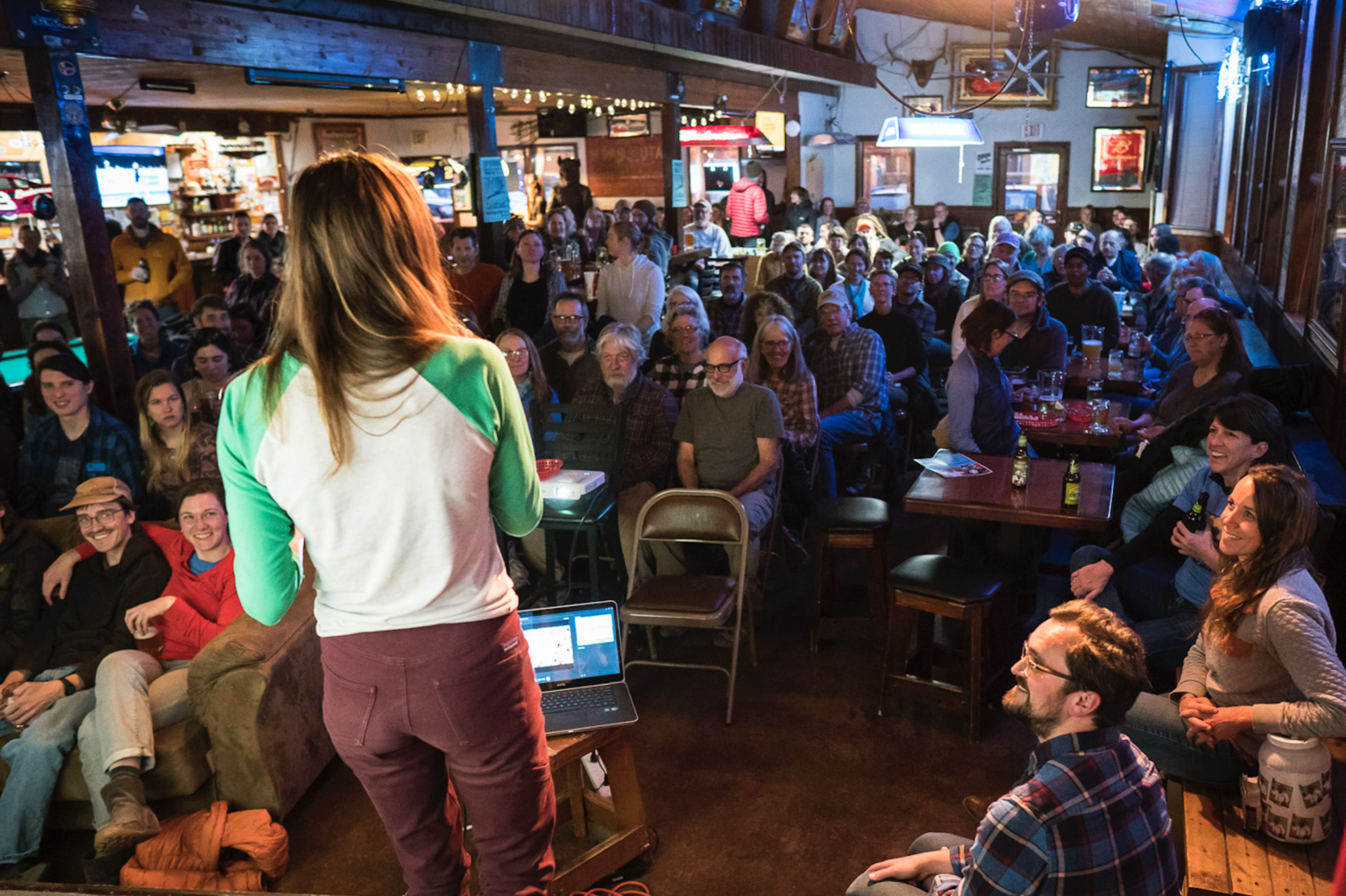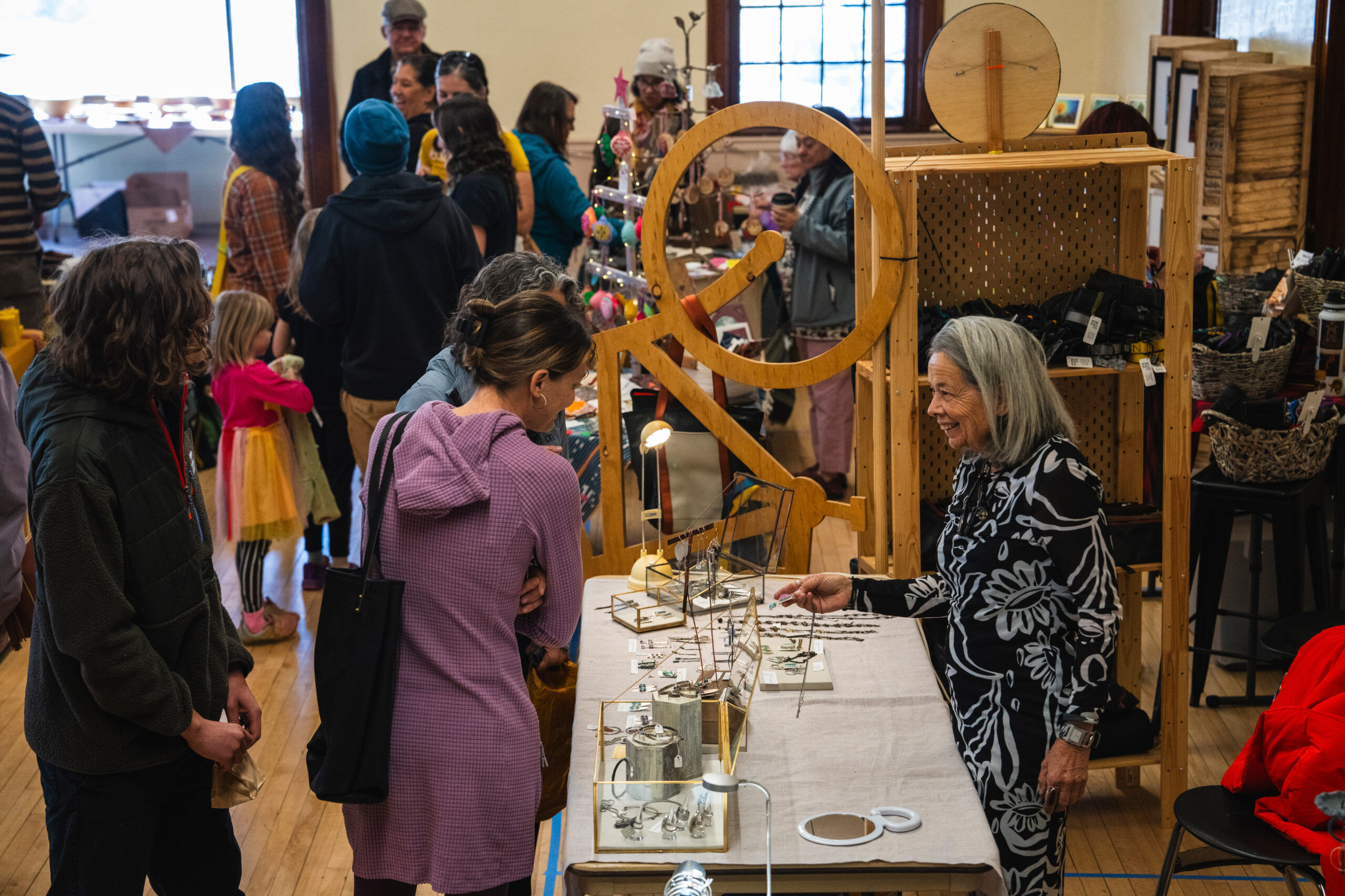Some information may be outdated.
One of the most striking objects Susan Grayzel, a history professor at Utah State University—has seen in her work with the “Bringing War Home” project is a piece of shrapnel.
“As an object, it has no inherent meaning—it’s burned metal,” Grayzel said. “And yet, this person has held onto it, and now they want to tell us why they picked it up in Vietnam, and why they’ve had it ever since.”
The project, funded by Utah Humanities and the National Endowment for the Humanities, aims to collect items and stories of America’s modern wars. As Grayzel and the other project organizer, USU anthropology professor Molly Cannon, travel to various locations in Utah, they invite war veterans, veteran family members, civilians, and anyone who has been touched by war or who wants to learn more about war to share their stories and experience the stories of others.
On Saturday, October 22, the project is coming to Moab: the event is scheduled from 10 a.m. to 2 p.m. on the USU Moab campus and is free and open to the public.
“One of the goals of this project is to create a living digital public archive: we record these objects and stories and put them in a digital archive that anyone can have access to,” Grayzel said. “It’s extremely well documented what generals think—what those in charge think [during war]. But the conflicts we’re looking at involve thousands, if not millions, of people. And the historian in me says, we don’t understand that history well unless we have as many voices as possible from the entire scope of war.”
Grayzel wants to collect the stories of everyone involved in modern American wars, especially civilians, she said.
“War experiences have become more and more invisible,” Grayzel said. “We recently ended this war in Afghanistan, and yet, I would argue, for the majority of its duration, unless you knew someone in the military, it didn’t resonate. We separate out these very important and in some cases traumatic experiences that our fellow citizens have had on our behalf, and we don’t acknowledge them.”
The objects Grayzel and Cannon collect range from personal objects that living veterans keep to preserve their experiences to family items that have been passed down from relatives who were veterans. The most common objects they see are photographs, but the two have also seen shrapnel, scrapbooks, and love letters—Cannon said there was one love letter, sent from a deployed soldier’s sweetheart, that was covered in lipstick kisses.
“This project puts people with little to no experience of conflict and war right across the table from somebody who has served and has experienced the most brutal aspects of it,” Cannon said. “They’re talking, and they’re even laughing, at times. There’s a lot of emotion. These roadshows spark a dialogue across generations and across world experiences.”
The project is also partnered with Utah Public Radio, which helps record stories. The digital archive itself, which will be hosted through USU libraries, is still being built, Grayzel said: she, Cannon, and their students are still tweaking how to design and organize the system. It could be organized by wars, by objects (letters or photos), by persons (grandmothers or veterans), there’s a huge number of categories, Grayzel said, and the archive will constantly evolve as the project does.
But for now, she and Cannon are focused on the collection aspect of the project—they both encourage anyone who thinks they have an object or a story to come by the Moab event.
“There is no story too small, and no object too small,” Grayzel said. “Obviously there’s a desire to record stories from veterans and military families, but civilians lived through a lot of these experiences, and those stories are part of our history as well. We’re hoping an array of people who think the event would be meaningful come by, to help our current students and future generations understand war better.”
At the Moab event, anyone with an object or story will have the object photographed and story recorded by USU staff and students; people are also welcome to stop by to peruse the collection.
“Our intention behind this is to sit and listen,” Grayzel said. “We’re so grateful to anyone who’s willing to trust us with their stories, and our only goal is to preserve them and help others learn from them.”
The project’s sixth community event will be hosted in Moab on Saturday, October 22 from 10 a.m. to 2 p.m. on the USU Moab Campus (1850 South Aggie Blvd, off south Highway 191).
Appreciate the coverage? Help keep local news alive.
Chip in to support the Moab Sun News.





